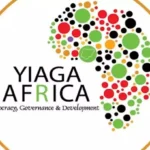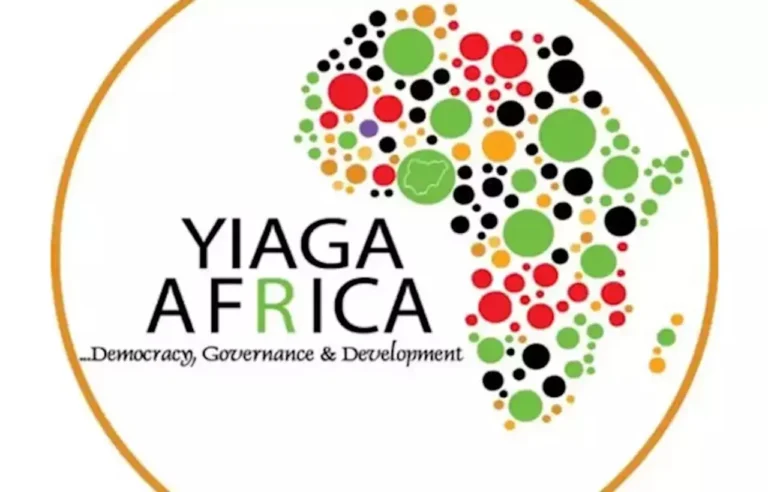
Staff Reporter
NAMIBIA’S agricultural sector faces mounting pressures from climate variability, market shifts, and evolving consumer demands, said the Minister of Agriculture, Fisheries, Water and Land Reform, Inge Zaamwani.
Speaking at the 2025 Bank Windhoek Agriculture Series held at NIPAM in Windhoek on Thursday under the theme “Understanding Genetic Diversity in Agriculture,” she said that genetic diversity is not a luxury but a necessity. “It underpins our ability to adapt, innovate, and compete. It enables drought tolerance, pest resistance, nutritional enhancement, and improved yields — traits that are essential for building a resilient and inclusive agri-food system,” she said.
The minister said that genetic diversity is of strategic importance for Namibia as it provides the foundation for:
- Higher and more stable yields, tailored to Namibia’s agro-ecological zones;
- Improved product quality, enhancing market value and export competitiveness;
- Resilience to climate and biological risks through diversified crop and livestock systems;
- Innovation and value addition, enabling breeding for traits demanded by processors and consumers.
She said that the above outcomes directly support NDP6’s goals of productive capacity, environmental sustainability, and inclusive socio-economic development.
Zaamwani said that the Ministry is implementing several strategic programmes that operationalise NDP6 priorities, namely the Namibia Agricultural Mechanisation and Seed Improvement Project; Conservation Agriculture and Climate-Smart Initiatives; Livestock Support Programme; and Seed and Irrigation Investments.
“These interventions,” she said, “reflect a coherent strategy to build resilience, unlock value, and position agriculture as a driver of inclusive growth and food sovereignty, in line with NDP6 and Vision 2030.”
While public investment lays the foundation, Zaamwani said that transformational impact requires robust public–private partnerships. She is therefore calling on financial institutions to offer tailored products for genetic improvement and climate-smart investments. She is also imploring market actors to create demand and reward quality genetics.
Private sector breeders and seed enterprises are urged to co-invest in farmer training and value chain development, while research institutions and NGOs are urged to accelerate technology transfer and adoption.
“This aligns with the President’s call at the Namibia Public–Private Forum for unity, innovation, and decisive action to institutionalise trust and shared prosperity,” she said.
PICTURED: Minister of Agriculture, Fisheries, Water and Land Reform, Inge Zaamwani. Photo: File










